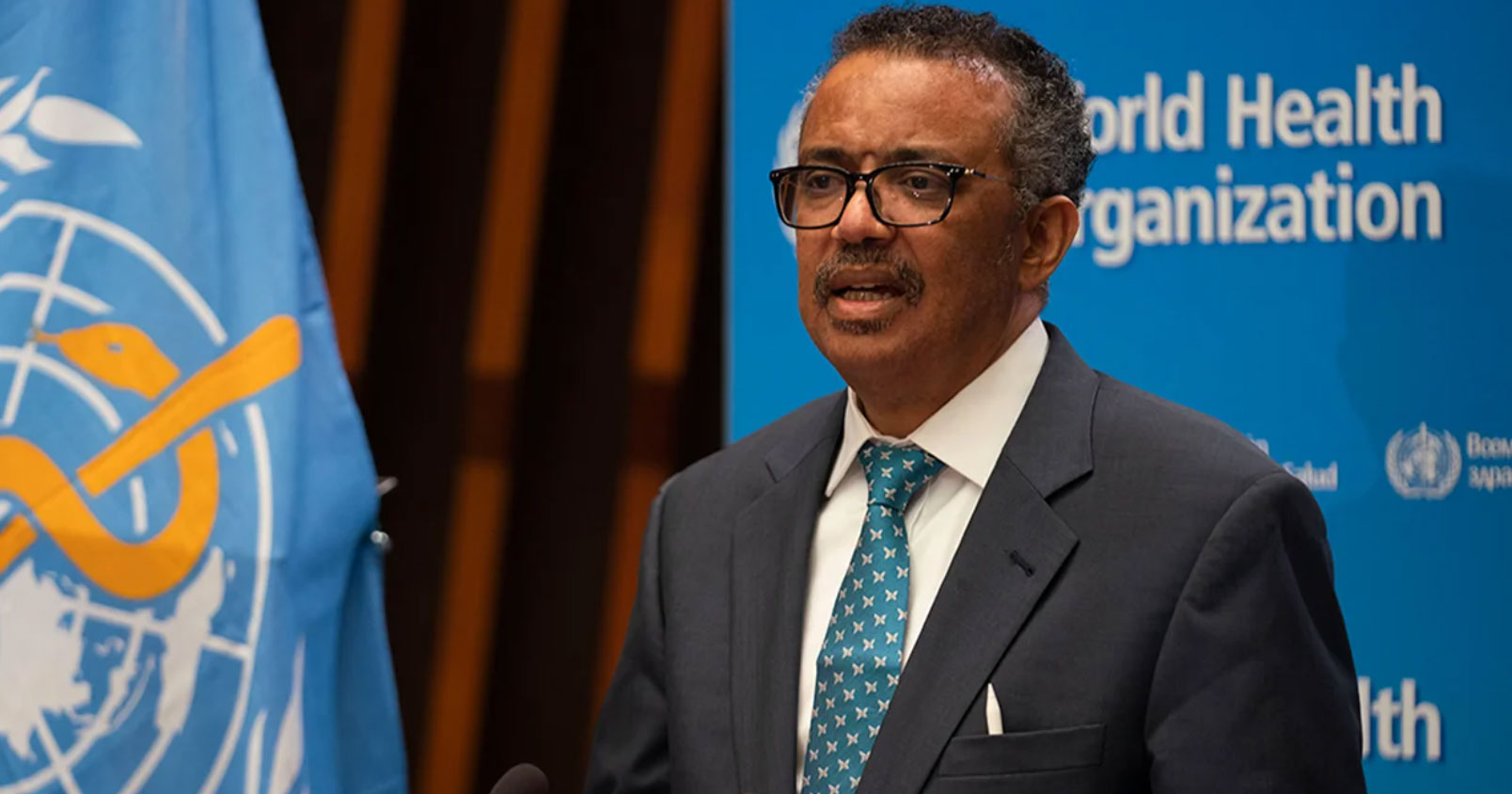Follow us on Telegram for the latest updates: https://t.me/mothershipsg
A much bigger problem could be looming as figures showing a global rise in Covid-19 cases is simultaneously met with some countries also reporting a drop in testing rates, Reuters reported.
This was the latest warning put out by Tedros Adhanom Ghebreyesus, head of the World Health Organisation (WHO), on March 15, cautioning countries to remain vigilant as the pandemic could be far from over.
Covid-19 cases up again
After more than a month of decline, Covid-19 cases started to increase around the world in the beginning of March 2022, the WHO said.
Lockdowns in Asia and China's Jilin province have been put in place to contain an outbreak.
The extent of the rise, though, is shrouded in some guesswork as not all cases are being reported as infections are deemed less infectious.
South Korea and China saw jumps in infections
New infections on record jumped by 8 per cent globally compared to the previous week.
There were a total of 11 million new cases and just over 43,000 new deaths reported from March 7 to 13.
This marked the first rise since the end of January 2022.
The biggest jump was seen in South Korea and China, where cases rose by 25 per cent and deaths by 27 per cent.
Europe and United States could experience new waves
Europe saw a 2 per cent rise in cases but no jump in deaths.
The spike, however, is not uniform with Denmark experiencing a brief peak in cases in the first half of February due to BA.2 sub-variant, which quickly subsided.
The concern now is that Europe faces another coronavirus wave.
The number of cases has been rising since the beginning of March in Austria, Germany, Switzerland, the Netherlands, and the United Kingdom, with the BA.2 appearing to be the most transmissible variant so far.
A similar wave could also hit the United States potentially driven by BA.2.
Causes for spike
The WHO attributed the rise to the highly transmissible Omicron variant and its cousin the BA.2, and the lifting of public health and social measures.
"These increase are occurring despite reductions in testing in some countries, which means the cases we're seeing are just the tip of the iceberg," Ghebreyesus told reporters, according to Reuters.
This is compounded by low vaccination rates in some countries driven partly by a "huge amount of misinformation", he added.
But the latest variant is not showing signs it causes more severe disease, and no evidence that any other new variants are driving the rise in cases.
Top photo via
Follow and listen to our podcast here
If you like what you read, follow us on Facebook, Instagram, Twitter and Telegram to get the latest updates.
